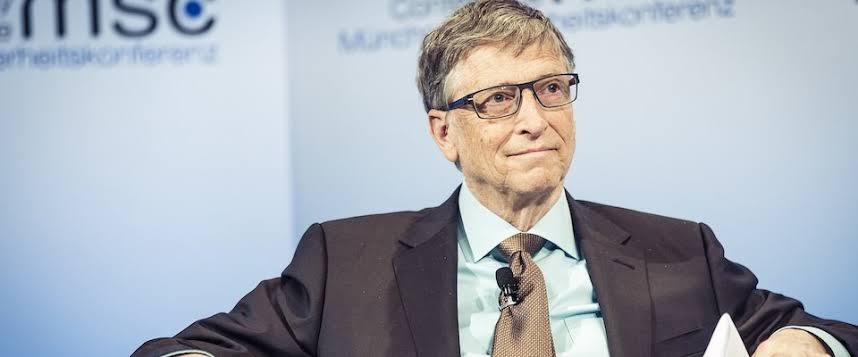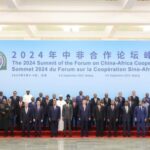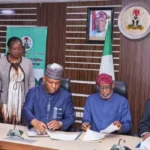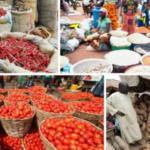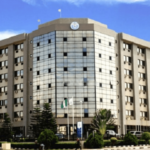American billionaire and philanthropist Bill Gates has expressed deep concern over Nigeria’s stagnant economy, emphasizing the urgent need for increased investment in healthcare and agriculture to revamp the economy.
During a meeting with the National Executive Council in Abuja, Gates highlighted the country’s revenue-to-GDP ratio, which is lower than it was 15 years ago, resulting in reduced spending on its citizens.
Gates emphasized the importance of investing in human capital, beginning with increased healthcare spending. He said Nigeria spends less per capita on its people than other African countries with a fraction of its wealth.
He pointed out that while primary care serves as the majority of patients’ initial and sometimes only point of contact with the healthcare system, Nigeria only spends 3,000 naira annually on it per person.
- Advertisement -
Additionally, Gates stated that while President Bola Tinubu’s Renewed Hope Agenda was ambitious, it faces resource constraints.
Despite common knowledge that nutrition is crucial for public health and that agriculture plays a vital role in ensuring proper nutrition, “Nigeria has the second-highest rate of food insecurity on earth.”
Gates highlighted the potential for Nigeria to double its food output with the right support, such as improved credit facilities and advisory services for farmers.
Gates also noted that tax collection in Nigeria is low, posing a challenge to financing critical sectors like health and education.
“Taxes are never popular. That’s true in America too. But they’re part of a social compact. People are more likely to pay them when they see the government spending that money to give Nigerians a better life.”
- Advertisement -
He said that he had been visiting Nigeria for over two decades, noting that over the years, the Bill & Melinda Gates Foundation had invested over $2.8bn in Nigeria, the largest such investment in Africa.
He expressed optimism about Nigeria’s potential and reiterated his commitment to continued support for the country’s development.




